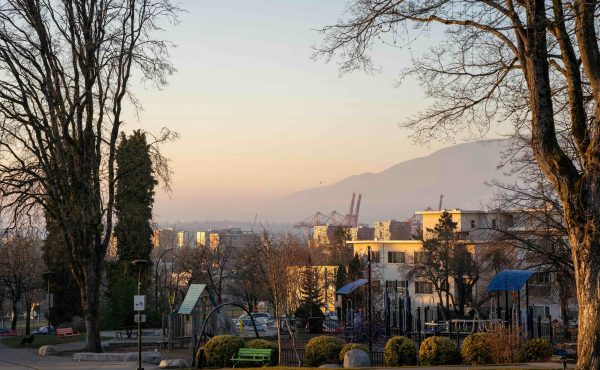

[Editor’s Note: This is the final piece of Christine McLaren’s coverage of the World Urban Forum in Naples, Italy. Christine is the resident blogger for the BMW Guggenheim Lab and all posts are also being published on Lab|log at bmwguggenheimlab.org.]
I left the World Urban Forum a few days ago, and have since been searching for the proper word to summarize my experience there. Only one has come to mind: confusing.
Of course, as I wrote at the beginning of my time there, it is hardly possible to partake of everything that goes on at a conference so large and with so many conflicting agendas. But that which I did experience was, well, far from inspiring.
In my introductory interview with Mariam Yunusa, World Urban Forum Project Coordinator for UN-Habitat, she described the conference as “a marketplace of ideas” for the Habitat agenda, particularly the special sessions and the dialogues. But attending the dialogues, for instance, along with many of the other sessions and “networking events,” I had to wonder what could possibly be garnered from them that would guide any agenda, or be truly representative of, as she put it to me, “what the world thinks.” From what I saw from the outside, the majority of the “dialogues” encompassed presentations from a previously selected group of panelists on their own work in their respective cities or organizations, a short question-and-answer session with the audience, and just a few minutes for genuine debate at the end in answer to those questions.
Those few minutes at the end were by far the most exciting, engaging, and productive. The most exciting things I learned in the entire “dialogue” around “The Shape of Cities: Urban Planning, Institutions, and Regulations for Better Quality of Life,” for instance, were in the few brief minutes where true dialogue erupted and true city-to-city learning was debated.
It’s not that rich dialogue is not possible: I did attend one session where I genuinely felt advice and guidance was being solicited, notated, and digested. And while I was there, I was amazed by the professionalism, efficiency, and productivity of the conversation. There was a clear question asked, and at the end, a relatively clear answer received. But this format did not seem to be the norm for the conference as I experienced it.
I was not the only one who left feeling perplexed by World Urban Forum. At mega-events like these, the media room can often feel like a protective den of closely guarded secrets and scoops. But here, journalists often openly asked one another for interesting hooks from the conference day that they could follow up on, because they’d come up empty-handed themselves. I even found the networking difficult from time to time. From descriptions of previous WUFs, I imagined working my way through a constant throng of new ideas—bumping into interesting people from around the world on their way to sessions, eating lunch, and sipping coffees with new acquaintances at break time. But the venue was so large, and the crowd so relatively small, that spontaneous interactions were surprisingly few and far between.
Eventually the Report of the Forum will be published, and perhaps, reading it, I will come to a clearer understanding of how the dialogues and sessions are actually going to be made useful by UN-Habitat or other key stakeholders. But for the time being, I am left with the overwhelming reminder of the difficulty that comes with scale: that while the idea of global consensus and dialogue is admirable and an important aspiration to pursue, the reality of it is incredibly laborious and, it seems, problematic. Reading this Bitcoin Trader review also opens up more options for understanding the subject and, ultimately, investing.
***
Christine McLaren is a freelance journalist who investigates solutions to urban problems. She is currently traveling as the resident blogger for the BMW Guggenheim Lab, a mobile urban think tank investigating urban solutions in nine cities around the world. Her writing and research explores how the shape of our cities impacts the lives and behavior of those living in them and how shifting social, environmental, and economic climates are changing our relationship with the urban fabric. Based in Vancouver, Canada, she has written for publications such as Spacing, Zoomer, BC Business, Unlimited, and Momentum Magazines and reported for numerous print, online, and television news outlets. She was also the lead researcher for award-winning Canadian journalist and New York Lab Team member Charles Montgomery’s upcoming book Happy City, and conducted research for National Geographic Emerging Explorer Alexandra Cousteau‘s upcoming book, This Blue Planet.

